Kingston Acupuncture
Acupuncture, Herbs, Cupping, Self-Care.
Welcome!

We are now accepting new patients. We were originally a traditional sliding scale affordable clinic but due to the rising costs of rent and overhead we had to raise our rates.
Insurance: We are out of network with insurance companies but we can provide a superbill for you to submit to your company. We do not accept No-Fault insurance.
MASK WEARING: Patients are no longer required to wear masks in healthcare settings however, all KA staff will continue to wear masks.

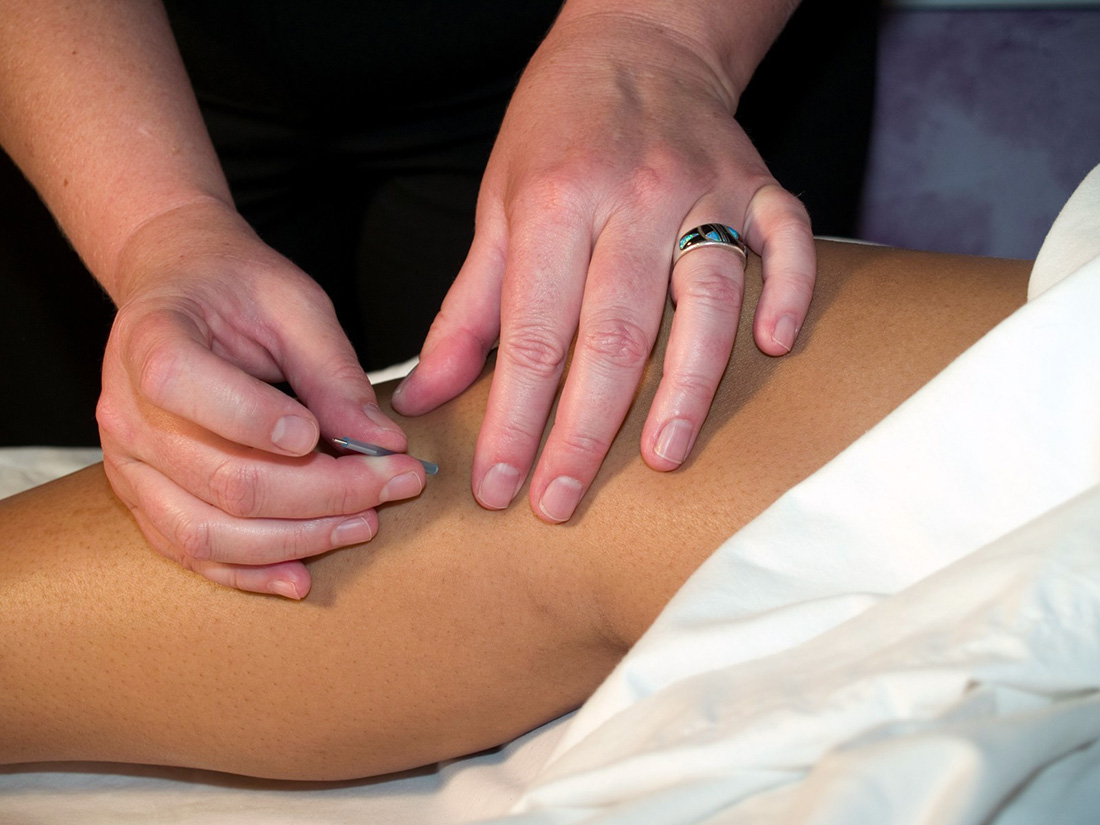


Conditions we specialize in
Physical pain
This includes neurological pain, migraines, headaches, contusions and sports injuries.
Side effects of cancer therapy
Acupuncture and some specific herbal formulas can assist in reducing common side effects of cancer treatment including: Nausea, vomiting, diarrhea, night sweats and chemo induced peripheral neuropathy.
Mental and Emotional Health
Chinese medicine is a great adjunctive therapy to treat anxiety, depression, insomnia, stress, lack of motivation & PTSD.
Head, Eyes, Ears, Nose Throat issues
We use herbs and acupuncture to treat symptoms associated with seasonal allergies, sinus infections, immune support and year-round airborne allergies.
Lyme disease sympoms
This includes joint pain, brain fog and neurological symptoms.
Reproductive health
We treat issues associated with irregular menstrual cycles, fertility, libido, prostate issues, peri- and post- menopausal symptoms.
About Us
Minya DeJohnette
Minya DeJohnette is a NY state licensed acupuncturist and massage therapist and Certified Balance System Acupuncture practitioner. She earned her Master of Health Science degree from the Swedish Institute of Acupuncture in 2007 under the training of Jeffrey Yuen of the Jade Purity sect and 99th generation Taoist Priest. The lineage she currently trains under is Balance System Acupuncture as refined by the late Dr. Richard Teh-Fu Tan. Master Tan passed on his teaching to her teachers; Dr. Eileen Han, Dr. Delphine Armand and Dr. Sonia F. Tan. The lineage stems from Classical Chinese Medical teachings of Taiwanese practitioners, Dr Chao Chen, Master Tung with additional techniques created by Dr. Richard Tan.
When Minya was a teenager, a family member was diagnosed with a condition that western doctors could not treat successfully. Acupuncture was not as widespread at the time so, out of desperation, that family member went to the Shih Family Acupuncture Clinic in Kingston, NY. It was one of the only acupuncture clinics operating in the area at that time. Not only were the practitioners able to figure out the cause of the condition, they were able to completely resolve it within six months time. After that experience, Minya and the rest of her family started to seek acupuncture treatment for other issues. The Shih family became their primary care practitioners for many issues. It was from the effectiveness of these treatments that Minya decided to one day pursue training as an Acupuncturist. She has been in practice since 2008.
Her continuing education training includes completing the Memorial Sloan-Kettering Cancer Center course in Acupuncture for the Cancer Patient. The Balance system that she practices addresses advanced pain management, symptoms associated with auto-immune disorders, anxiety, depression, sleep disorders, reproductive disorders, inflammatory and digestive disorders. She is certified in Kampo Herbal Medicine by the NYC Kampo Institute. Kampo is the herbal medicine practiced by primary care physicians in Japan. It is used as primary and adjunctive therapy within Japan’s national health care system.
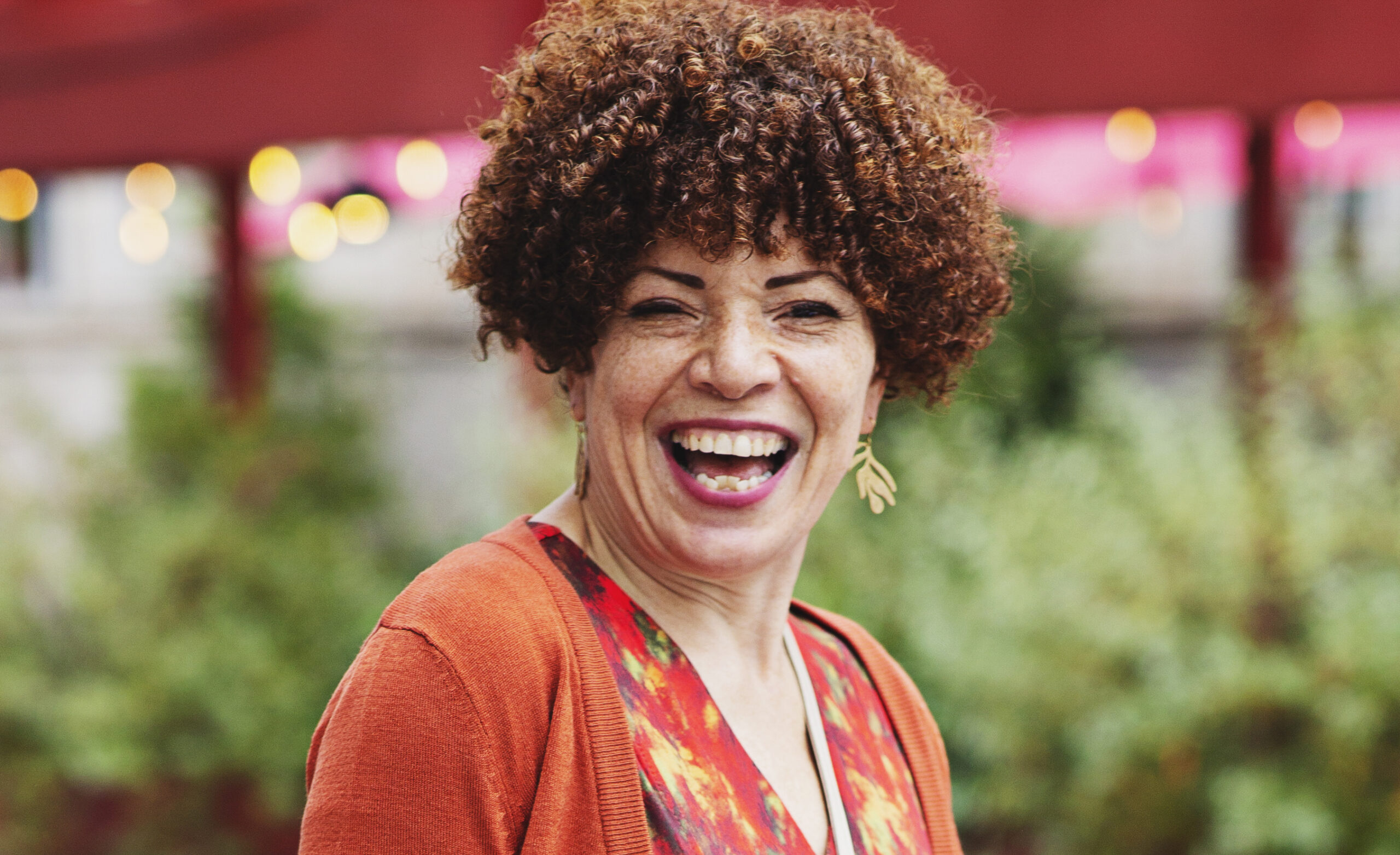
Andrea Shelton
Andrea! Andrea has been such an integral part of Kingston Acupuncture for many years. Office Manager extraordinaire, she is also a well loved pet sitter.
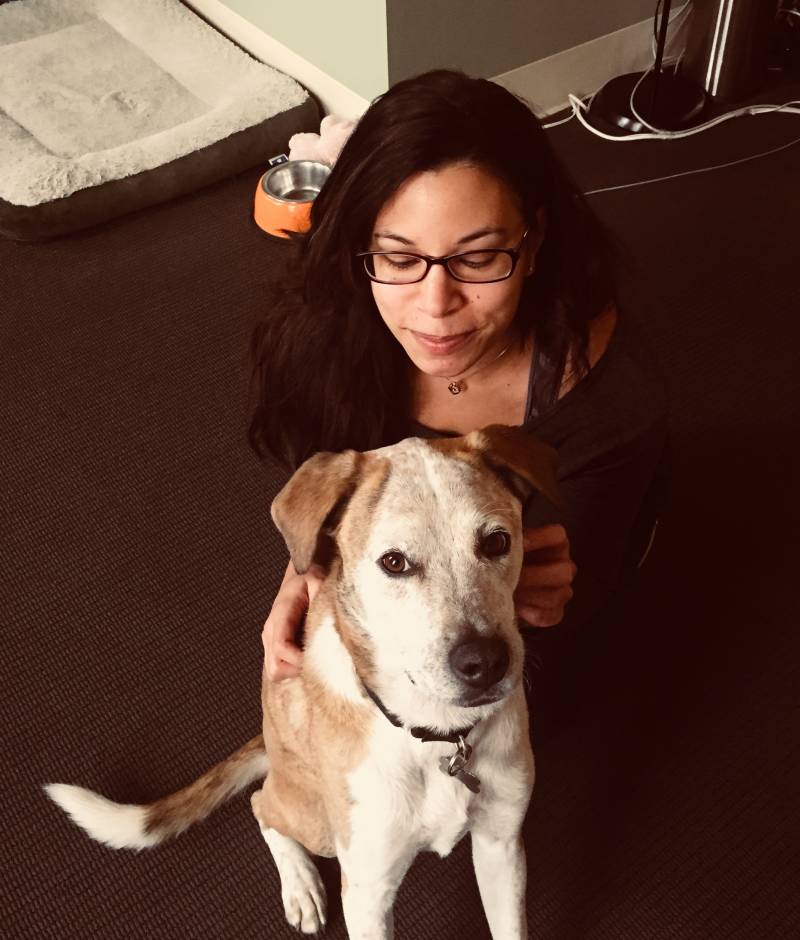
Other techniques

Cupping | add-on
The suction and negative pressure provided by cupping can loosen muscles, encourage blood flow, and sedate the nervous system (which makes it an excellent treatment for high blood pressure).* It is also used traditionally in China for bronchitis, asthma and chronic respiratory issues. If you have been diagnosed with adhesive capsulitis (frozen shoulder) it is recommended that you start your first two treatments with cupping. It is also often used to assist with labor and delivery when a patient is already in pre-labor.
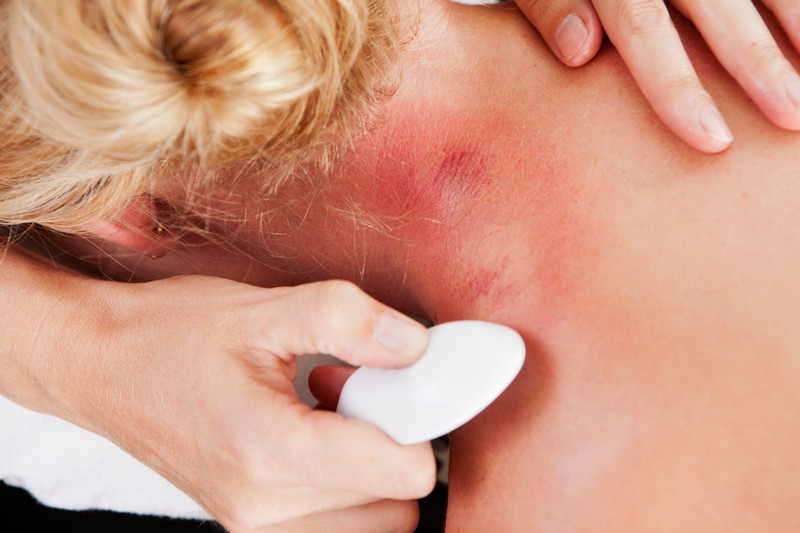
Gua Sha
Gua Sha is a myofascial massage technique that uses a ceramic spoon or smooth-edged tool to scrape (within your comfort level) over tight muscles to return proper blood flow to the area and improve oxygenation, break up knots and improve the process of fluid elimination from the area. Gua Sha is also used in the first stage of colds and flus to help bring down fever or improve elimination of toxins. You may have experienced the colonized western adapted version called the Graston Technique by your chiropractor or PT.
Click the link below for our instructional video on the techniqu of Gua Sha.

Moxibustion
Moxibustion is a technique that uses the herb mugwort. It involves the burning of the herb in a cigar-like form above certain acupuncture points of the body, on an inserted needle or sitting on top of a conduit such as dried garlic, ginger, aconite or salt, each having their own property or a protective cone placed on the body with an adhesive. Moxa is said to increase the circulation of Qi and blood in the body and to scatter cold which when trapped in the body can cause pain. We use indirect smokeless moxa in the clinic.

Customized support
Included in your treatment is access to a free app and set of personalized exercises, mindful meditation and/or recipes depending on your needs. Using the Traditional Chinese medical app, Jing, you will receive a link to download and set up access to your own personalized program.
FAQs
What does acupuncture treat?
Even though the World Health Organization recognizes a specific set of disorders that acupuncture can treat, truly answering this question in a Western medical context is a challenge. This is due to the fact that acupuncture theory does not treat based on Western medical diagnosis. It is based on many different factors that include the person’s description of the symptoms surrounding the diagnoses, tongue and pulse diagnosis, and their individual constitution.
An example would be if five different people diagnosed with migraine headaches came for acupuncture. Western medicine will most likely prescribe similar medication for each individual. From the perspective of acupuncture theory, the diagnosis and treatment will be based on an entirely different set of factors. For example, treatment will rarely be successful if an acupuncturist does not take into account the exact location of the migraine. Migraines felt on the side of the head are treated differently than migraines felt in the front, back or whole head. The actual diagnosis will be based on the channel name(s) that runs through the region where the pain is felt.
If the person has another set of symptoms such as insomnia, high stress, or say digestive issues, this can change or add to the diagnosis and treatment as well. If someone comes in for sinus issues, treatment will be based on a number of factors similar to the migraine approach. This goes for any other issue a person may be coming in for, including tendinomuscular pain, reproductive issues, emotional issues, etc.
Ultimately, success in treatment of an issue is determined by how well an acupuncturist can diagnose the imbalance causing the issues a patient presents with, whether the patient is willing to make appropriate lifestyle changes such as diet or stress management if necessary, and how frequently the person is able to come for treatments during their initial visits.
The only issues that acupuncture can’t directly treat are bone on bone joint deterioration (we obviously can’t replace lost cartilage) and certain chronic progressive autoimmune disorders. We can treat the symptoms but not reverse the disease.
I’m afraid of needles, will it hurt?
This is a common and logical concern, and one that we address often in our clinic. The most important thing that you need to know about acupuncture needles is that they are nowhere near the gauge or thickness of the hypodermic needles that you are used to at the doctor’s office. They are close to hairline thin and most of the time you do not feel them going in at all. Depending on your treatment you will feel some sensations, such as heaviness or an achiness around the needle insertion site. You may feel sensations of warmth traveling up and down your limbs as circulation is improved and you may feel sensations of cooling in areas that are inflamed. If you do feel any discomfort beyond a second or two you will be asked to alert your practitioner and they will adjust it to your comfort level immediately.
How should I prepare for my first visit?
- Wear loose, comfortable clothing. Loose jeans, sweatpants or leggings are fine.
- Please make sure you fill out the online intake form (included in your appointment confirmation email) and COVID survey before coming in for your appointment.
- Please make sure you have had at least a light snack within 3 hours of your appointment, as it is not recommended to receive acupuncture on an empty stomach. It is also not recommended to receive treatment after a big meal.
- PLEASE do not wear heavy perfumes or oils on the day of your appointment as the acupuncturist or other patients may be allergic to them. We cannot stress this request enough as patients have asked to leave when other patients come in wearing strong oils or perfumes.
- Although not always possible, you might want to make sure you have some time to relax after your treatment.
Do you treat children?
Yes, we treat children but require that you sign a consent form for them. Children often take to and respond to acupuncture very well. We recommend that you bring your child or children with you to observe your treatments at least once before their first treatment so that they see that the needles are not painful. Once they see you relax, they tend to be comfortable with the idea of receiving treatment.
Are the Needles sterile?
How long does a session usually take?
Treatments usually last from forty-five minutes to an hour.
For first time patients it is a good idea to leave at least an hour and a half for your treatment as we need to do an initial intake interview before the treatment. If you need to be off the table by a certain time just let us know and we will make sure your treatment ends at a specific time.
Do you treat pregnant folks?
Yes. However, if a person is in their first trimester, we only treat them throughout the first trimester if they are an existing patient. Otherwise they will have to wait until their second trimester.
Is your office ADA compliant?
We are on the ground floor with a direct entrance to the clinic and although we do not have an automatic door at our entrance, we are always available to assist someone with getting to our front entrance and entering the front door if necessary. The bathroom is up to ADA compliant standards but there is a slight turn required to enter if a person is wheelchair bound. The style of acupuncture practiced at KA is such that all issues can be treated on the limbs of the body to address issues on any other part of the body. This means that a patient has the option of remaining in their wheelchair during treatment regardless of the location of the issue. For patients who have a hard time getting into or out of a chair or getting on a table easily, we have a Power Lift Recliner chair that elevates up to 70 degrees for ease of getting into the chair.
For hearing impaired patients we have an Assisted Listening Device (ALD) available upon request. We have the AVA instant speech to text app available upon request and since the staff still wears masks, we have clear window masks available to assist with lip reading.
Can I come to my appointment when I’m sick?
You must receive a negative at home or PCR COVID test before you come in. If you are experiencing any cold symptoms they must be mild and you are required to wear a KN95 mask. If you have a fever, please remain at home and rest.
What is this "Qi" y'all talk about?
Qi is generally described as “life force” Or “Vitality” or “function” but is often mistranslated as “energy”. It literally translates as Air or gas but there are multiple definitions of Qi in the Chinese language dictionary. In fact one of my teachers spent ten plus minutes translating different definitions of Qi. So you see how difficult it may be to translate it into one word. Below I give an idea of how Qi is better translated in terms of its relationship to Chinese Medicine. It is also used in many different definitions of objects that have nothing directly to do with the human body.
A couple of basic examples of the myriad definitions of Qi:
Air, gas, vapor, breath, spirit, morale, to influence, to provoke, angry or indignant, smells or odors..freon as the catalyst for air conditioning
For a more scientific explanation you can read an article by Yin Luo, who holds a PHD in physics and wrote an excellent in depth article explaining Qi and how it can be explained from a western scientific viewpoint: What Is Qi? Can We See Qi?
To get an even better idea I will give you the understanding of how Qi is used in relationship to the human body. Qi manifests on different levels of our anatomy and is defined by its structure and function.
The following are some descriptions of how Qi is understood and used in Chinese Medicine.
Wei Qi(defensive Qi)
The lightest form of Qi; its function is to provide the first line of defense in the body. In structure it is our skin, lungs, and nose. The integrity of our Wei Qi determines how well we fight off external pathogens such as colds and allergies. Sometimes when a person has a chronic internal pathogen that the body is unable to fight off, Wei Qi may try to solve this by moving internally where it is not meant to function and cause an autoimmune reaction because it inadvertently attacks the body as well.
Since emotions are not separate from physical health in Traditional Chinese Medicine (they are tied into survival so they evolved with our physical function), on another level, the integrity of our Wei Qi can be dependent on how well we handle the external challenges of daily life, a person yelling at you or a sudden noise can be another form of external attack.
Ying Qi
This is our secondary level of defense, in structure it is represents our blood, red blood cells, lymphatic system, hormones and most of our organs. In function it represents our second line of defense such as mucus, saliva, sweat, tears, stomach acids, and intestinal integrity.
Ying Qi is involved with our emotions and psyche and is responsible for storing them. In fact our spirit and mind (Shen) is said to reside in our heart and our blood. The implication here is that our mental-emotional state directly influences our health.
Jing Qi (ancestral Qi)
This is the vitality we inherit from our ancestors. In structure it would be our DNA, bone marrow, kidneys, adrenal glands, brain and the body’s sexual secretions. In function, along with the kidneys and adrenal function, it is the precursor to blood, similar to how marrow is responsible for the production of red blood cells in western physiology. It provides us with the drive and ambition to survive, it provides our youth, and is likened to a battery pack that has a finite shelf-life. How efficiently these batteries work is determined not only by the strength of the Jing Qi passed on by our ancestors but also how well we take care of ourselves. Stress, trauma, pain, and poor diet can all contribute to the premature loss of Jing.
Why do you take my radial pulse?
The radial pulse diagnosis that we use in Chinese medicine is a very complex system that has been developed for over two-thousand years. At different times in history pulses were also taken and compared with pulses at different locations of the body. The carotid artery(neck), descending aortic pulse (abdomen), the femoral artery (inner thigh),posterior tibial artery (inner ankle) and a branch of the temporal artery that can be felt at the temple were some of the more commonly used pulses for diagnosis.
Over time the changes in culture and rules regarding modesty narrowed the use of the pulse to the wrist. Practitioners of Chinese medicine had to become adept at feeling variations in the radial pulse as opposed to the previously used arterial pulses. Variations in pulse qualities were observed and recorded over time to understand their relationship to a patient’s condition. Over a period of roughly two-thousand years a generalized understanding of what the qualities represented in terms of external and internal diagnoses became the basis of what we are trained to look for when feeling a pulse and translating it into a traditional Chinese medical diagnosis.
Pulses taking styles can vary depending on the tradition you were trained in.
Why do you look at my tongue?
The tongue is another form of diagnosis that tells us the status of various systems in the body.
In general we look for findings such as a puffy tongue body, which usually points to an issue with fluid transformation. Teeth marks on the sides of the tongue can indicate a deficiency or chronic insomnia.
The tongue coat can tell us if there is too much “dampness” in the body, such as yeast overgrowth or thrush. A dry tongue can indicate a hormonal deficiency, long term dehydration and a red tongue can tell us that there is relative excess “heat” in the body.
There are multiple other possible findings which will be explained to you during your treatment if they are present on your tongue.
What level of education is required to become an acupuncturist?
Most acupuncturists in the US must have at least an Associate’s-level degree before entering a Master’s Degree program in acupuncture school. Depending on whether Chinese herbal medicine is included in their training, acupuncturists will complete their program in 3-4 years. Along with Chinese medical theory and practice, acupuncturists are trained in Western pathology, biochemistry, neuro-pathology, anatomy & physiology, pathophysiology, nutrition and the basics of clinical counseling. They are also required to hold current CPR and First-Aid Certificates.
Gift Cards
We offer two different types of Gift Cards:
eGift Cards: Offered through our online Booking system. They can be purchased by clicking on the link below or you can purchase Plastic Gift Cards. These can be purchased at the clinic or snail mailed to the recipient.
*gift cards are valid for one year from purchase and are non-refundable for cash
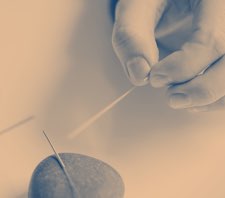


Contact Us
Kingston Acupuncture & Wellness
Location
16 Lucas Ave Ste 101
Kingston, NY 12401
t: 845-339-5653
f: 845-789-4097
We are not located within Origins Spa. When entering the parking lot at 16 Lucas Avenue, drive towards the back, along the side of the building. We are the first business in the grey cinder block section of the building, on the ground floor.